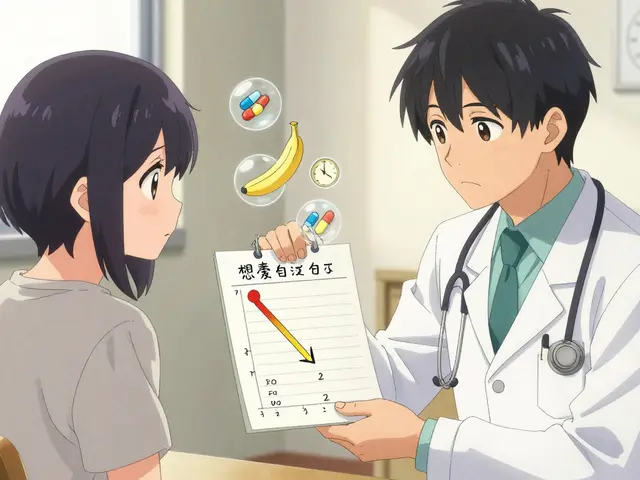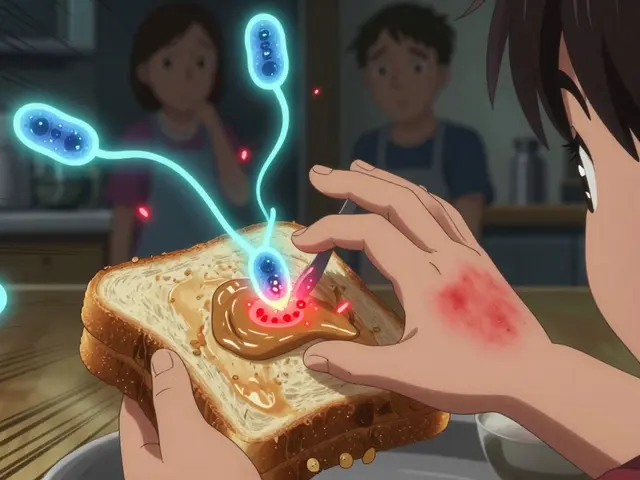Understanding Transient Ischemic Attack (TIA): What You Need to Know
A transient ischemic attack, often called a TIA or mini-stroke, is a brief blockage of blood flow to the brain. It’s like a warning shot — symptoms can appear suddenly then disappear within minutes or hours. Because TIA symptoms mimic a stroke, recognizing them early can save your life by preventing a future stroke.
Typical signs of a TIA include sudden weakness or numbness on one side of the body, trouble speaking or understanding speech, blurred vision, dizziness, or loss of balance. Though these symptoms fade quickly, don’t take them lightly. The root cause is often a temporary clot or narrowing of the brain’s blood vessels, so the brain doesn’t get enough oxygen for a short time.
Why Quick Action Matters
People who experience a TIA have a much higher chance of a full stroke soon after — often within days or weeks. That’s why it’s critical to get immediate medical help even if symptoms disappear. Doctors can run tests, like brain scans or blood flow studies, to find the cause and recommend treatments. These might include medications to thin the blood, control risk factors like high blood pressure, or sometimes surgery to improve blood flow.
Preventing Future Risks
After a TIA, lifestyle changes play a huge role in lowering stroke risk. Quitting smoking, eating healthier, exercising regularly, and managing conditions like diabetes or high cholesterol can make a difference. Your healthcare provider may guide you on medication or monitoring plans tailored to your health profile. Remember, a TIA is a serious sign your brain needs protection — taking it seriously helps you stay in control.
Don’t ignore sudden signs of weakness, speech issues, or dizziness. Acting fast can help you avoid severe strokes and keep your brain healthy. Knowing the facts about TIA empowers you to make smart choices for your well-being.

Transient Ischemic Attack in Young Adults: Causes and Prevention
In recent times, I've come across the topic of Transient Ischemic Attack (TIA) in young adults and felt it's crucial to share information about its causes and prevention. A TIA, also known as a mini-stroke, occurs when blood flow to the brain is temporarily blocked, and though it doesn't cause permanent damage, it's a warning sign of potential future strokes. Major causes of TIA in young adults include genetic predisposition, smoking, hypertension, and an unhealthy lifestyle. To prevent TIA, it's critical to maintain a healthy diet, exercise regularly, quit smoking, and manage stress effectively. Remember, early detection and intervention can help reduce the risk of a full-blown stroke, so stay informed and take care of your health.
Continue Reading



